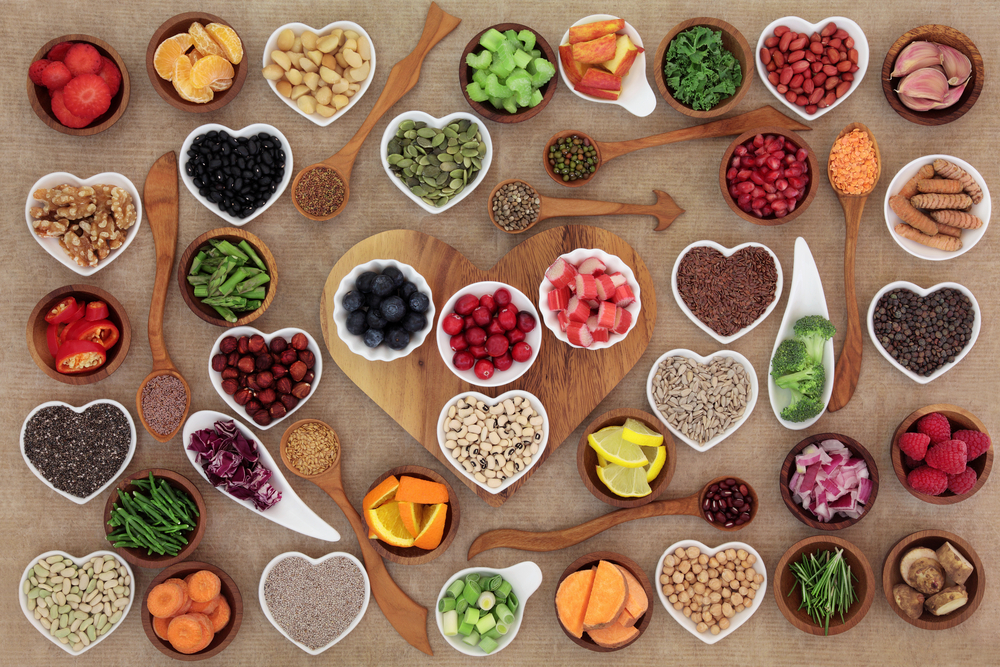Some people might be missing out on the absorption benefits of nutrient pairs for their health.


Nutrients are essential building blocks for the body.
We get taught to segment nutrients in our mind, which helps us remember their benefits and avoid deficiencies.
However, it’s also important to know which nutrients work best together.
The correct pairing of nutrients in food creates the best absorption possible, leaving you feeling happy and healthy at the end of a meal.
Which is why healthy, natural food enriched with nutrients is preferred over nutrient specific supplements, in most situations.
Here are the nutrient pairs that give your body the best advantage of absorbing nutritional value.
1. Calcium & Vitamin D
- Strengthen your bones and teeth
- Carry messages from the brain to all body parts in the nervous system
- Regulate muscle functioning, such as contraction and relaxation
- Support heart function
Sources: dairy products, leafy green, fish, nuts and seeds, soy and tofu.
- Reduce the risk of flu and diabetes
- Regulate cell growth
Sources: sunlight, fish oil, fatty fish.
Calcium and vitamin D are best suited together, because vitamin D helps unlock the benefits of calcium into the body.
2. Iron and Vitamin C
- Responsible for carrying oxygen in the blood and providing energy
- Preserves cognitive function and supports the gastrointestinal system
- Gives energy for better exercise and work performance
Sources: green vegetables, red meats, lentils and beans, nuts and seeds, dried fruit, grains.
- Create healthy skin and bones
- Help repair and regenerate tissue
- Lessen the duration and symptoms of the common cold
Sources: fruits, (tomatoes, berries, citrus fruits), vegetables (leafy greens, peppers, cauliflower), breads and grains.
Vitamin C is essential for helping the body absorb the benefits of iron.
3. Potassium and Sodium
- Lower high blood pressure
- Improve cardiovascular health
- Enhance muscle strength
Sources: vegetables and fruits, like leafy greens, avocados, mushrooms, tomatoes, and bananas.
- Raise low blood pressure
- Regulate fluid levels
- Support muscle and nerve functions
Sources: sodium is found in soup, cheese, cold cuts, and cured meat.
Keep in mind that sodium needs to be eaten in moderation. You can be at risk of increased blood pressure and a potential heart attack if your sodium intake is too high.
4. Vitamin B12 and Folate
- Maintaining healthy nerve cells
Sources: meat, eggs, and milk.
- Help make DNA and other genetic material
Sources: vegetables, fruits, fruit juices, nuts, beans, peas, and grains.
Folate (also called folic acid) is one of the eight B vitamins. It depends on B12 to be absorbed, stored, and metabolised. Together, they aid growth and development by supporting cell division and replication. They also help iron to work well in the body and are involved in immune function.
5. Niacin and Tryptophan
What can Niacin (Vitamin B3) do?
- Support the digestive process by breaking down carbohydrates, fat, and proteins and converting them into energy
Sources: meats, eggs, legumes, almonds, tuna, and mushrooms.
- Prevent the development of pellagra (a disease with symptoms like diarrhea, rashes and dementia)
Sources: Tryptophan in food such as nuts, seeds, tofu, cheese, red meat, chicken, turkey, fish, eggs.
Tryptophan is a source of niacin, as your liver uses tryptophan to produce niacin.




